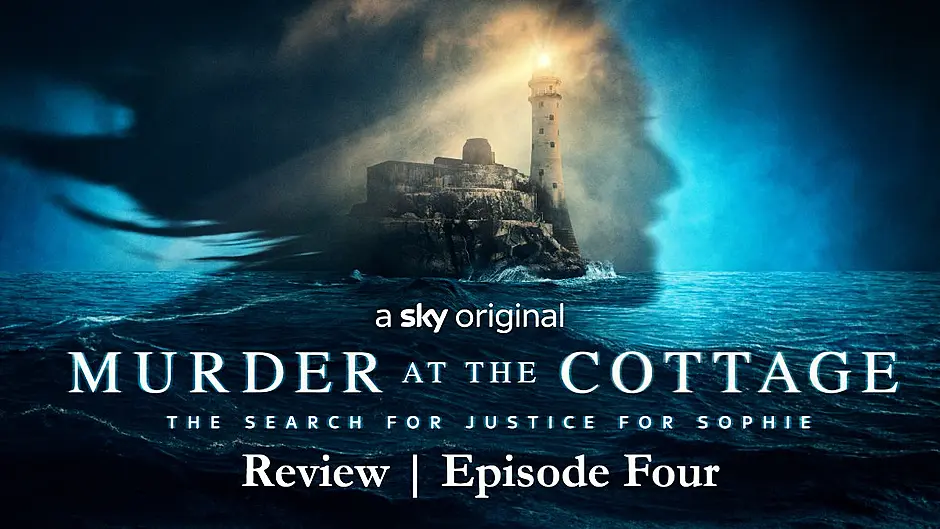It's a story that doesn't seem to stop.
The murder of Sophie Toscan Du Plantier has spawned podcasts, documentaries and hundreds, if not thousands, of articles - all focused on trying to figure out what happened on the night of the 23rd of December 1996.
We have covered the story from all angles - reporting on latest events and even reviewing the original West Cork podcast.
With the news this year that gardaí are launching a full review of the investigation that took place all those years ago, we decided to take a look at the two documentaries that, along with the podcast, brought the story to international attention.
You can read our review of the Netflix documentary here.
Catching up? Start with our review of episode one.
So we reach the penultimate episode of this series, and with that you realise how much of a slog it has become.
For much of the previous three episodes, the attention has been on Sophie and Ian Bailey relatively equally, with sprinklings of Jim thrown in for good (and bad) measure.
But here we hone in on Bailey himself in an episode which is as much character portrait as it is crime documentary.
It opens with Sophie, however, by focusing on the formation of the association for the truth of the murder of Sophie Toscan de Plantier by her uncle in 2007.
Her mother Margeurite Bouniol is quoted as saying: 'If the killer lives a normal life, I will have done nothing for my daughter.'
The pain of Sophie's parents is yet another tragic element to the story.
After that, nearly everything is pushed aside to focus on two things: allegations of corruption by the gardaí and the toll the case has taken on Bailey.
We learn of how Bailey did a masters degree on the general topic of who makes sure the gardaí operate above board - a perfect marriage of subject and writer if ever there was one.
The episode is structured around the differing accounts of Bailey and the gardaí about how they went about their investigation.
Dermot Dwyer - who appears as if out of a scene from Hot Fuzz - vigorously defends their methods.
But those methods don't appear to have been exactly above board.
He denies all allegations of wrongdoing, saying that very few of the claims were substantiated and that 'when the pressure came on, they couldn't prove anything'.
Kind of ironic considering the outcome of their case against Bailey.
Marie Farrell retracts her evidence, saying she was pressured into identifying Bailey as the man at Kealfadda bridge in return for favourable treatment.
Martin Graham appears to say he was asked to act as a double-agent and get close to Bailey in return for money and drugs, in one of the weirder claims made.
You would laugh him out of the room had there not been a phone recording of a Bandon guard asserting that he would be looking for a big monetary sum for his cooperation.
We're again subjected to scenes of a drunk Bailey shouting and singing, designed to elicit empathy.
In one scene he asks the camera for some privacy as he goes out to smoke a 'cigarette' - and Jim Sheridan glances at the camera, knowingly. Again, you ask why bother including these scenes.
The person you do feel sorry for is Jules Thomas.
The most interesting moments in the episode come through her, as she lets us see Bailey through her eyes and how the case has weighed on her.
Whatever you might say about Bailey's involvement in the case, he did choose to report so heavily on it and become entwined with the story. Jules did not.
She's lost friends and had to live with the attention for no reason other than being with Bailey.
It's something the man himself admits, saying the case has ruined her life.
And as the episode closes you realise there are no winners here, except perhaps the person who killed Sophie Toscan du Plantier.






